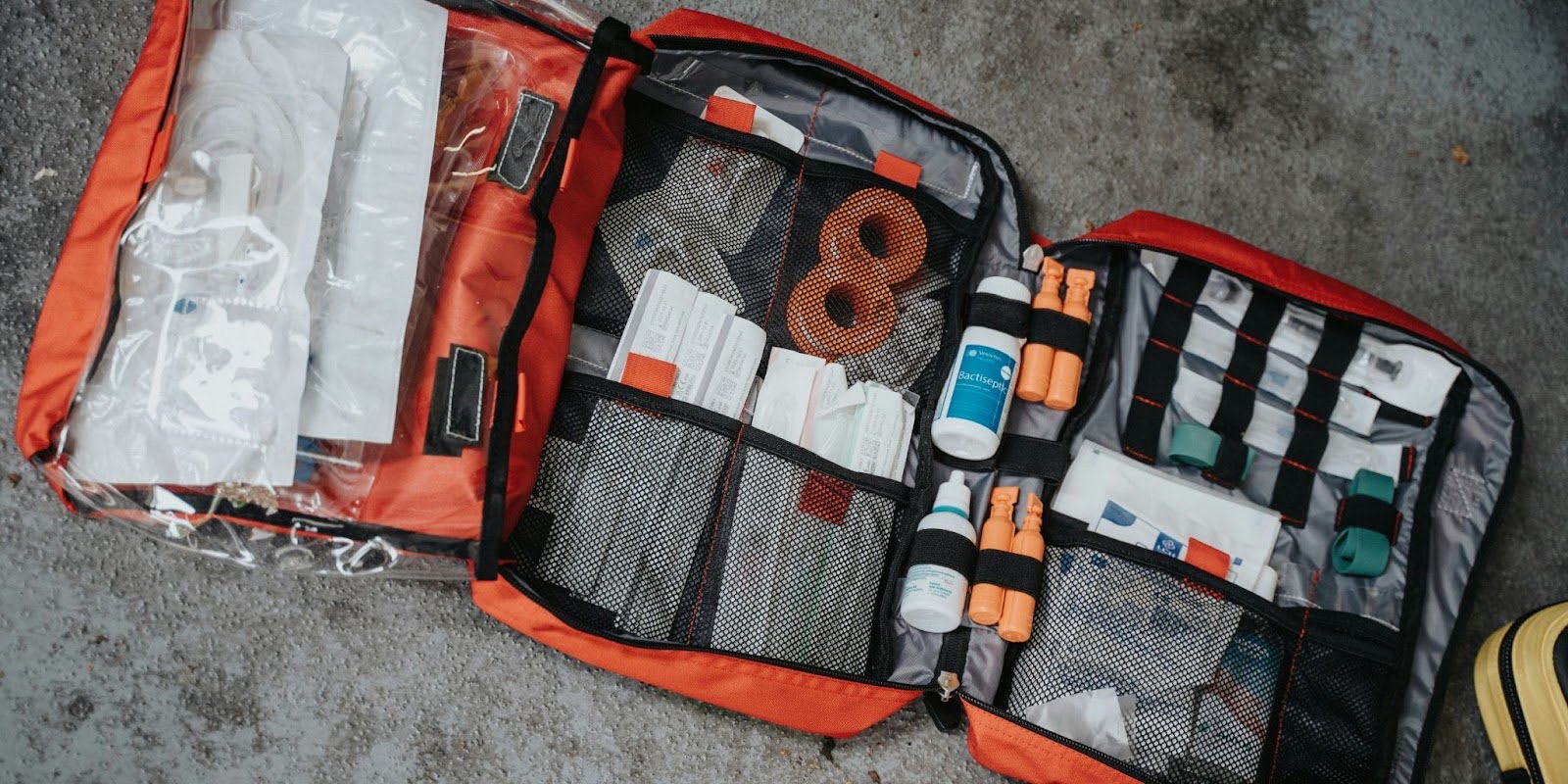Road trips are a fantastic way to explore new places and create lasting memories. However, they also come with their own set of risks and potential for unexpected emergencies. Preparing for these situations will ensure that you and your travel companions can handle most troubles that come your way and enjoy your journey with peace of mind. Here’s a comprehensive guide on how to be prepared for an emergency on the road.
Understanding Emergency Preparedness
Emergency preparedness is all about planning ahead for unforeseen events. When you’re miles away from home, the challenge during an emergency is that you may not have immediate access to professional help. Understanding basic first aid, having the right supplies, and knowing how to use them can be lifesaving.
Essential Items for Your Emergency Kit
You should have the following essential items for your emergency kit when on the road:
First Aid Kit
A well-stocked first aid kit is non-negotiable. It should include:
- Bandages of various sizes
- Antiseptic wipes and creams
- Sterile gauze pads and adhesive tape
- Scissors and tweezers
- Pain relievers like ibuprofen or acetaminophen
- Allergy medication such as antihistamines
- Instant cold packs
- Disposable gloves
Car Emergency Items
For the car, you’ll need:
- A spare tire, wheel wrench, and tripod jack
- Jumper cables or a portable car battery charger
- Flashlights with extra batteries
- Reflective triangles or flares
- Tow straps
- A multi-tool or a toolkit
- Duct tape and a fire extinguisher
Survival Items
For general emergencies and survival, pack:
- Non-perishable food and bottled water
- Blankets or sleeping bags
- Water purification tablets
- A weather radio, preferably hand-crank or battery-powered with extra batteries
- Emergency whistle
- Maps and a compass or a GPS device
First Aid Training
Knowing how to use the contents of your first aid kit is crucial. Consider taking a first aid certification course where you’ll learn the basics such as CPR, how to treat burns, cuts, and fractures, as well as identifying signs of heat stroke or hypothermia. This knowledge is invaluable in an emergency where medical help may be hours away.
Responding to Car Accidents
If a car accident occurs, your first priority should be the safety of all individuals involved. Move away from traffic if possible. Call emergency services at once, and do not attempt to move anyone who is seriously injured unless they are in immediate danger (e.g., a car fire).
Use your first aid training to provide assistance:
- Check for responsiveness and breathing, and administer CPR if necessary.
- Control bleeding with pressure and bandages from your first aid kit.
- Immobilize any suspected neck or back injuries with towels or items at hand.
- Keep the injured person warm and calm until help arrives.
Final Tips for Road Emergency Preparedness
The Sacramento car accident attorneys at Rosenthal Law Firm give you additional tips to stay safe when on a road trip:
- Check Weather and Road Conditions: Before you set out, check the weather and road conditions along your route. This helps anticipate delays or the need for detours.
- Stay Charged: Keep your cell phone and a portable charger handy at all times. Saving an offline map on your phone is also a good idea.
- Inform Others: Let someone know about your travel plans, including route and expected arrival time.
- Avoid Risky Situations: Don’t push on through bad weather or when you’re feeling overly tired. It’s better to stop and rest than risk an accident.
By being prepared, you’ll not only increase your chances of dealing with an emergency effectively, but you’ll also minimize the impact of any such events on your road trip. Remember, safety should always be your top priority. A little bit of preparation goes a long way towards ensuring a safe and enjoyable journey. Safe travels!
Published by: Nelly Chavez


















